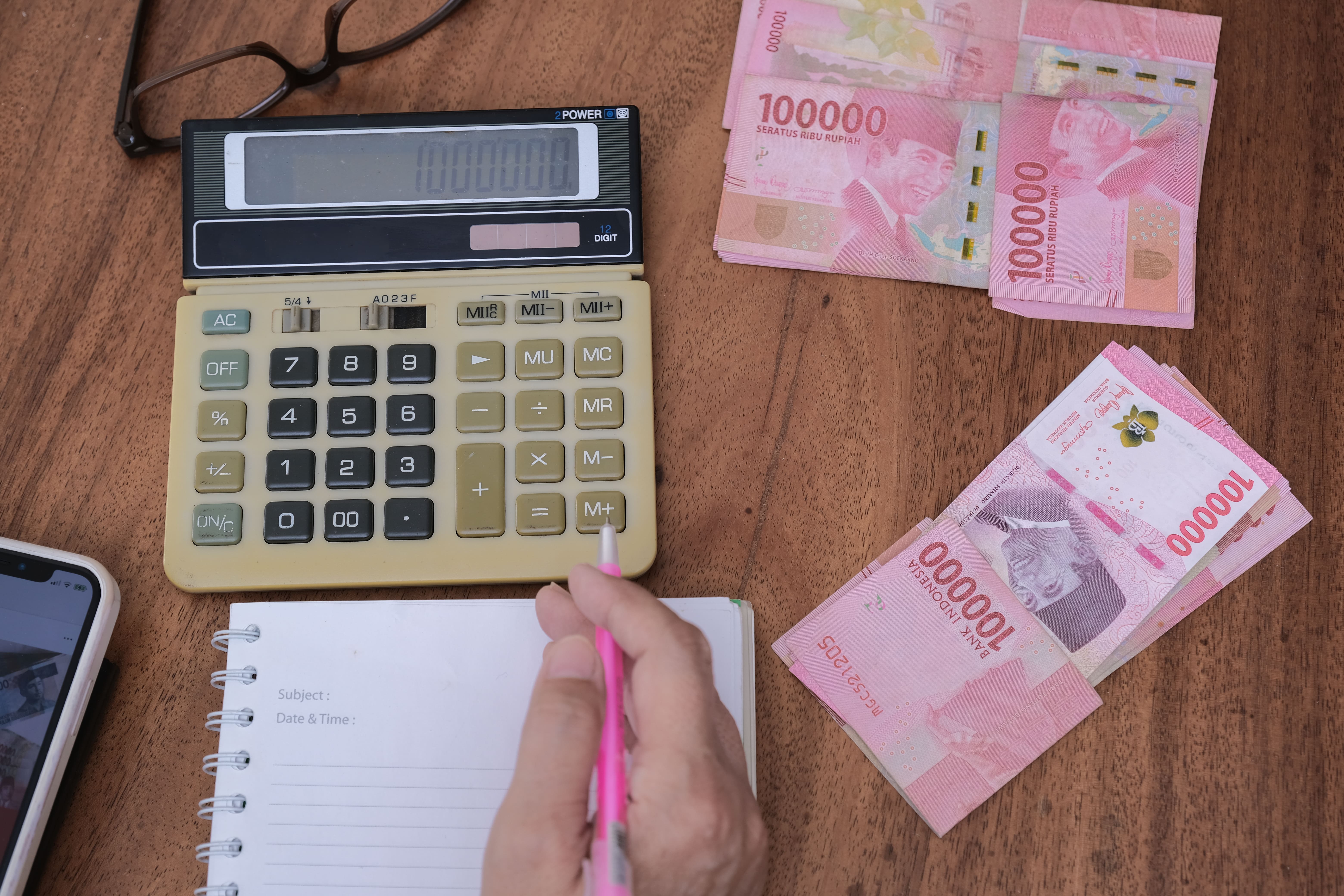Indonesia Transitions to the New Coretax Tax System: What Does It Mean?

Important! In connection with the transition to the new Coretax system, there are temporary difficulties in issuing tax identification numbers (NPWP) for PMA companies and registering personal NPWPs. These challenges are due to the migration of data and the setup of the new platform.
What is Coretax?
Indonesia is implementing the Coretax system to replace the outdated DJP Online platform. This initiative aims to enhance efficiency, transparency, and accuracy in tax administration. The development of Coretax is part of the broader PSIAP project (Tax Administration Core System Renewal), regulated by Presidential Decree No. 40 of 2018.
Coretax is a modern information system built on commercial off-the-shelf (COTS) solutions. It is designed to address the shortcomings of the previous system and modernize tax administration processes.
Why is Indonesia transitioning to Coretax?
Improved Operational Efficiency
Advanced technologies accelerate and automate processes such as reporting, payments, and monitoring.
Reduces the risk of errors caused by manual input.
Transparency and Data Accuracy
Processes taxpayer data in real-time, providing accurate and up-to-date information.
Simplifies audit tracking, reducing risks of fraud and data manipulation.
Convenience for Taxpayers
Makes tax procedures more straightforward and easier to understand.
Automated notifications remind taxpayers of reporting and payment deadlines.
Increased Tax Revenues
Helps identify untapped tax opportunities, broadening the tax base.
Supports the creation of data-driven tax policies.
Integration with National Systems
Integrates with systems such as e-KTP and the national financial system.
Facilitates interaction with international reporting systems, such as the Automatic Exchange of Information (AEOI) policy.
Compliance with International Standards
Developed in line with best international practices, boosting Indonesia’s position in the Ease of Doing Business index.
What does this mean for taxpayers?
Advantages: Greater transparency, convenience, and automated processes.
Temporary Challenges: During the transition, issues may arise, particularly with issuing new tax identification numbers and registering NPWPs.
Indonesia is building a modern and sustainable tax system designed to enhance taxpayer convenience and support economic growth. While temporary difficulties are expected, they are part of a large-scale effort to significantly improve tax administration in the long term.















